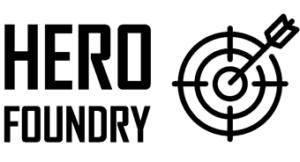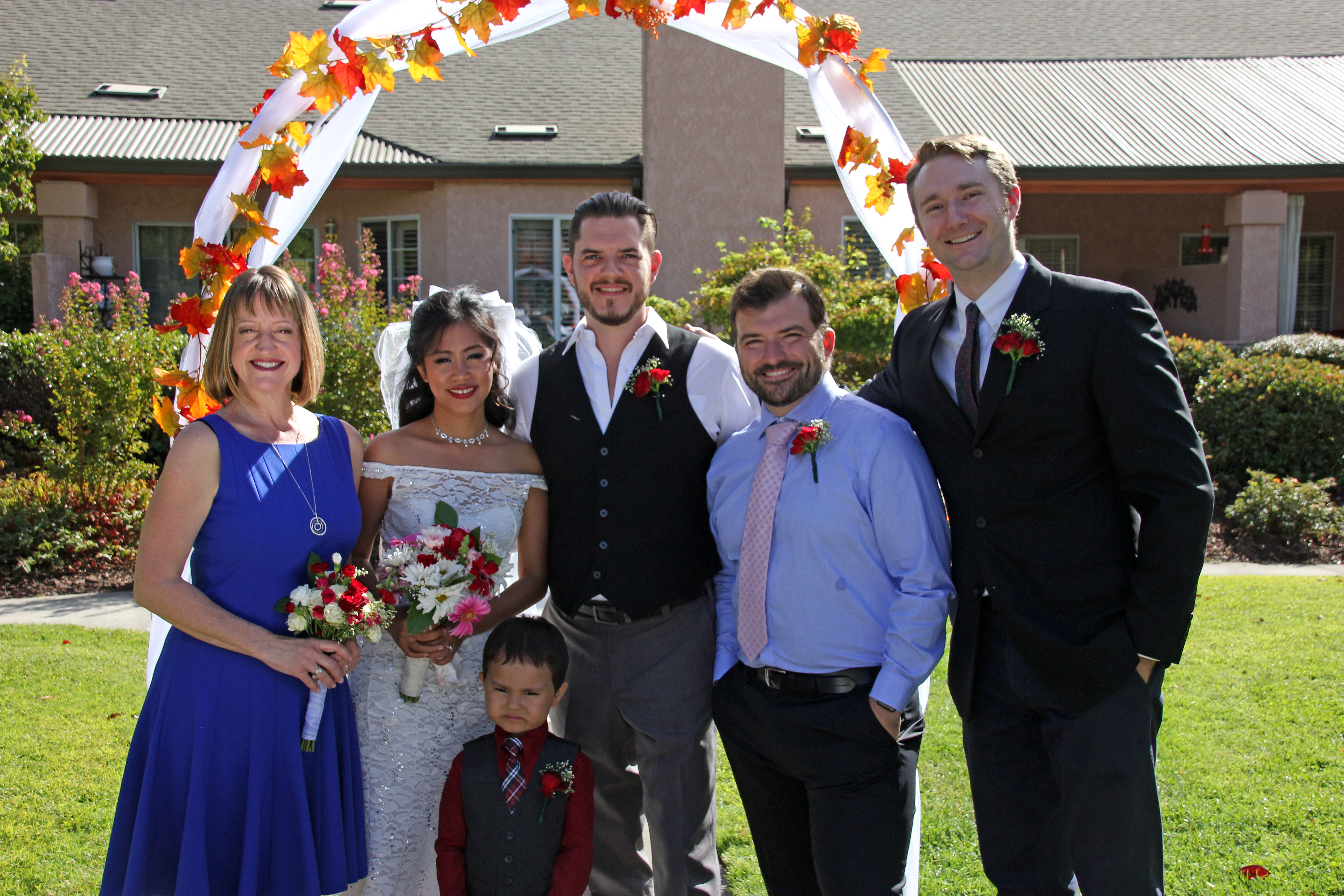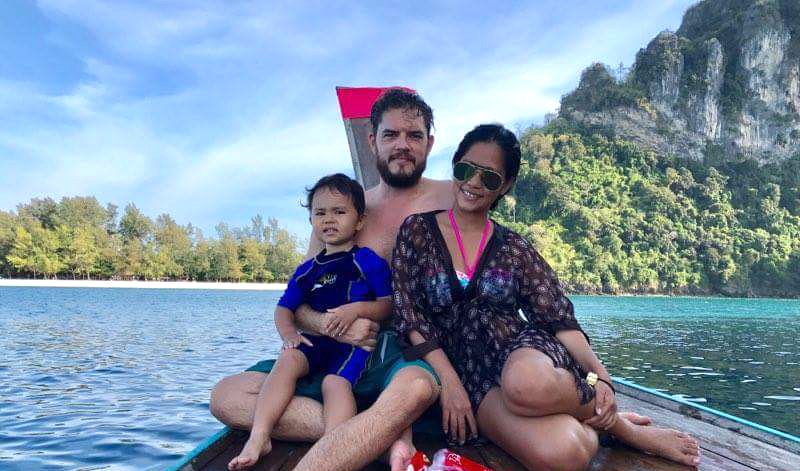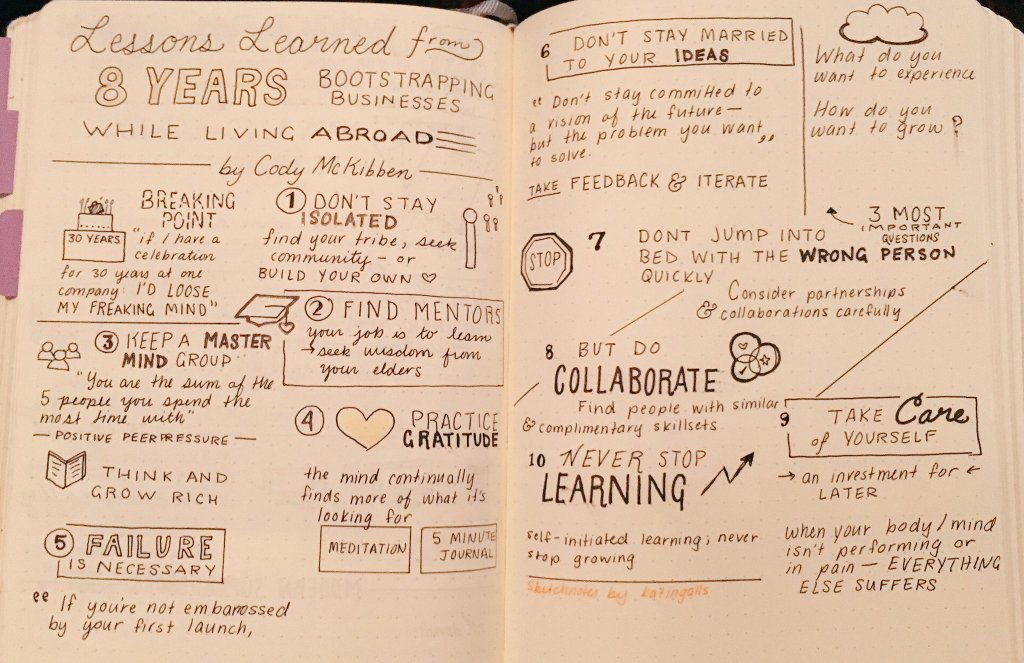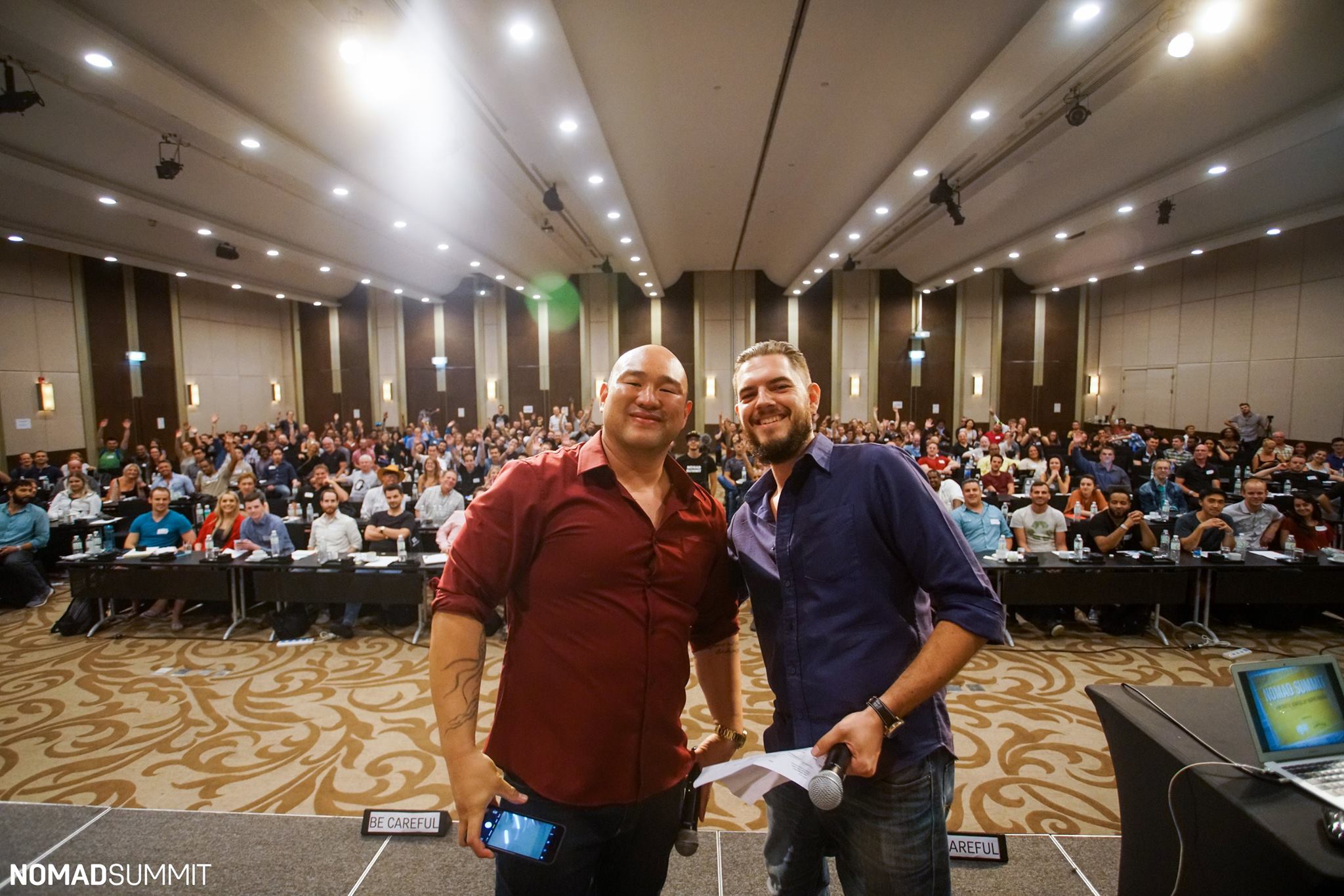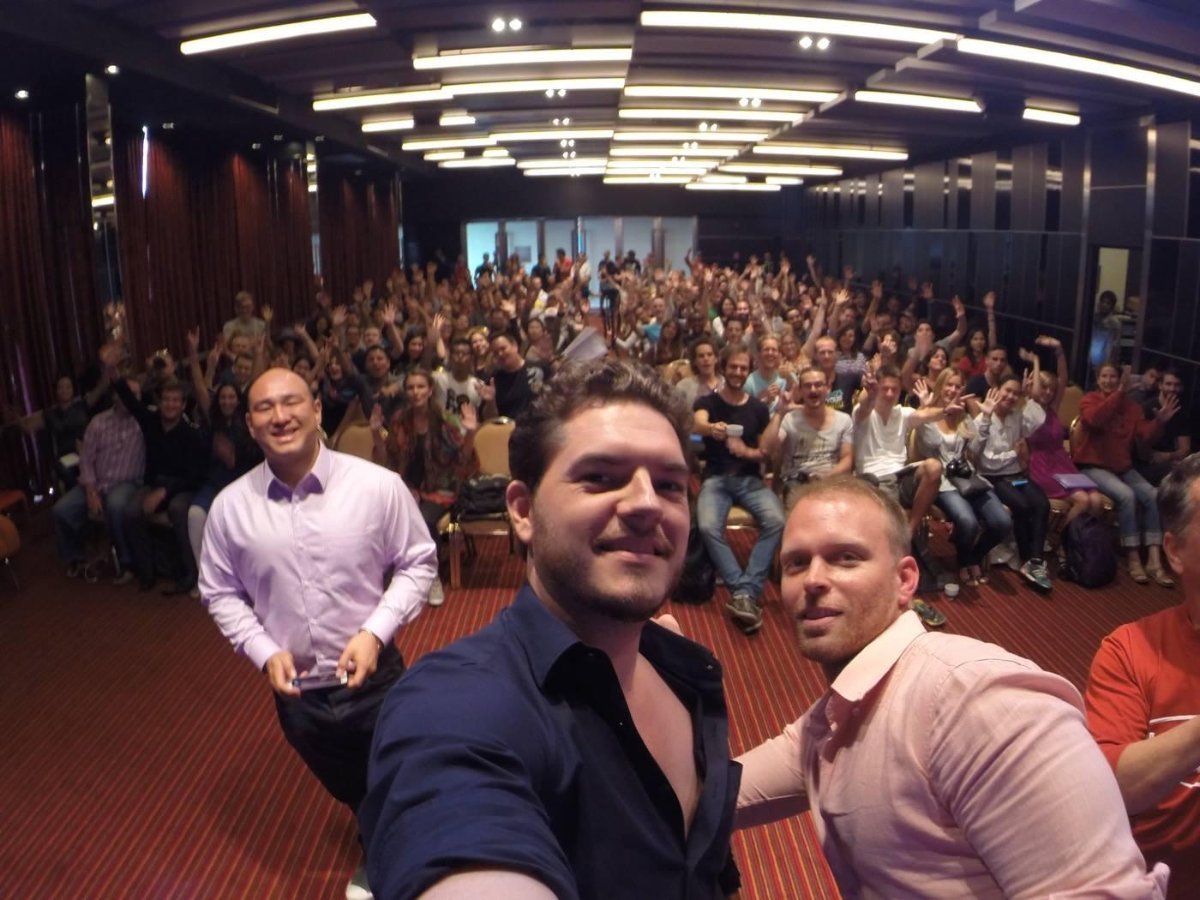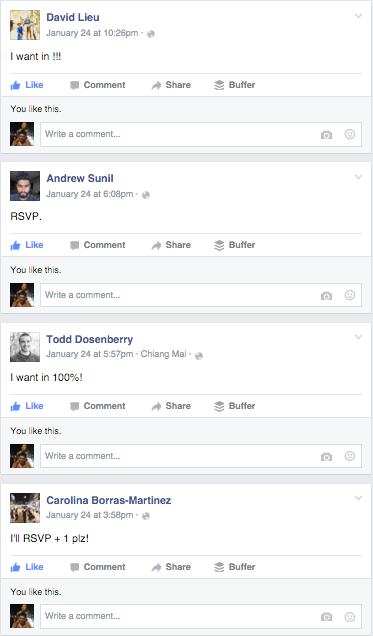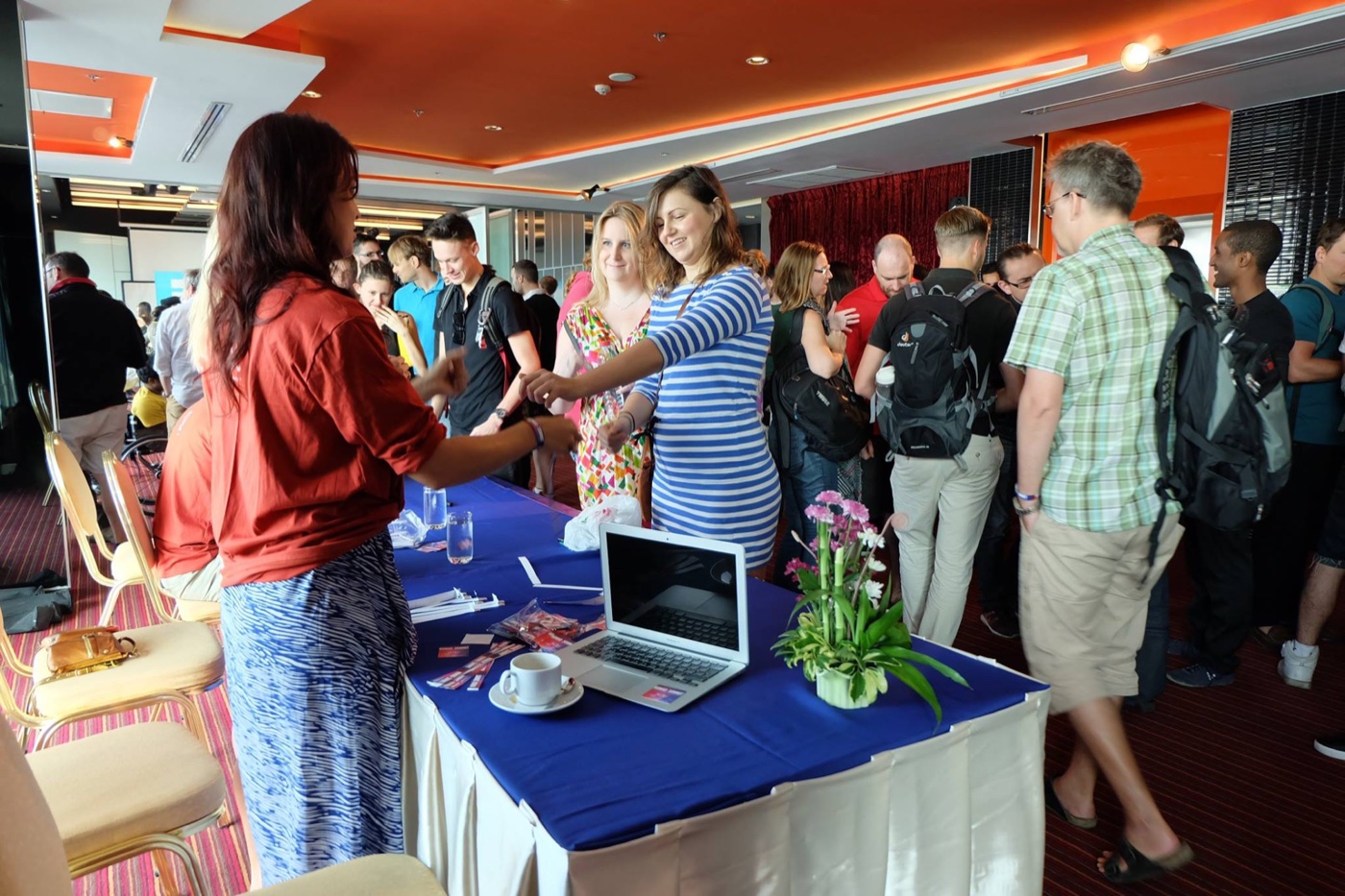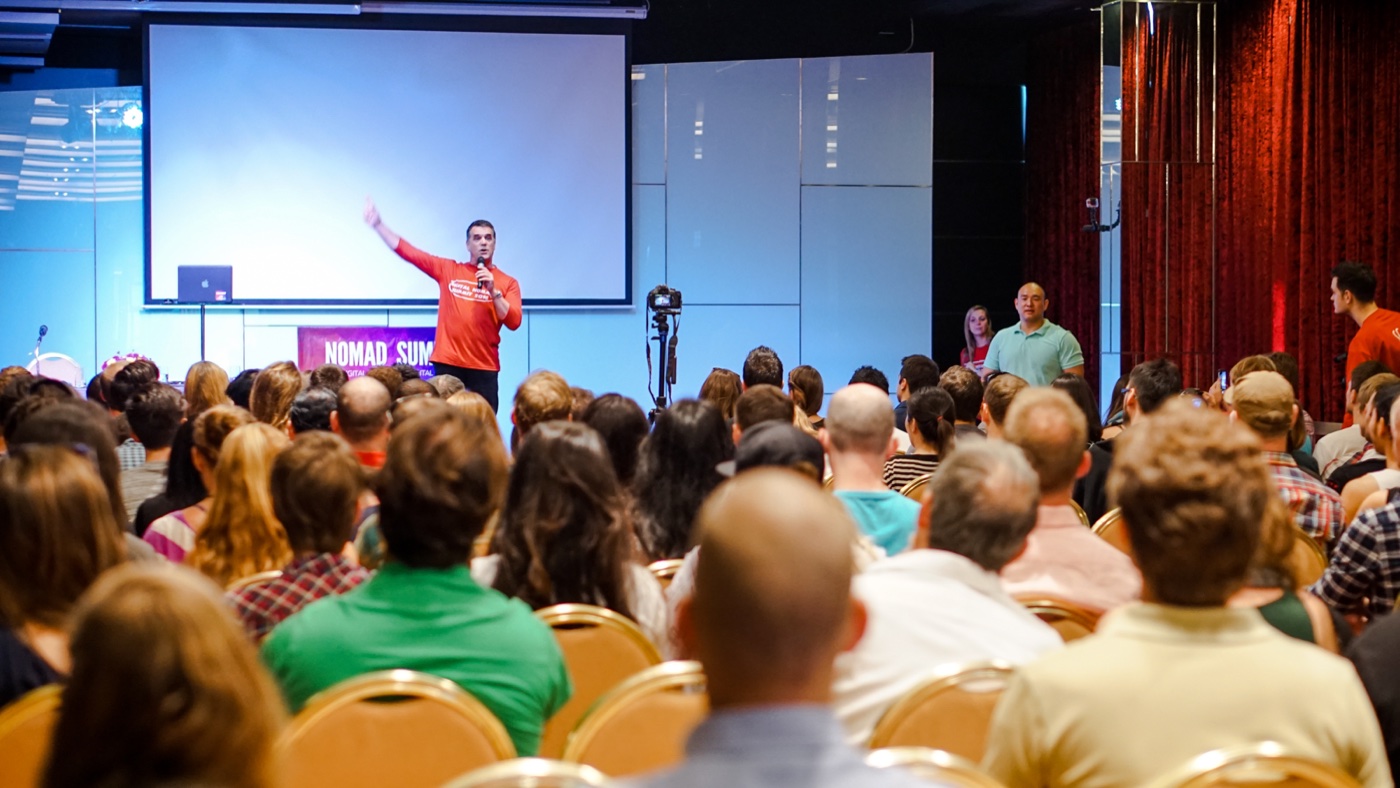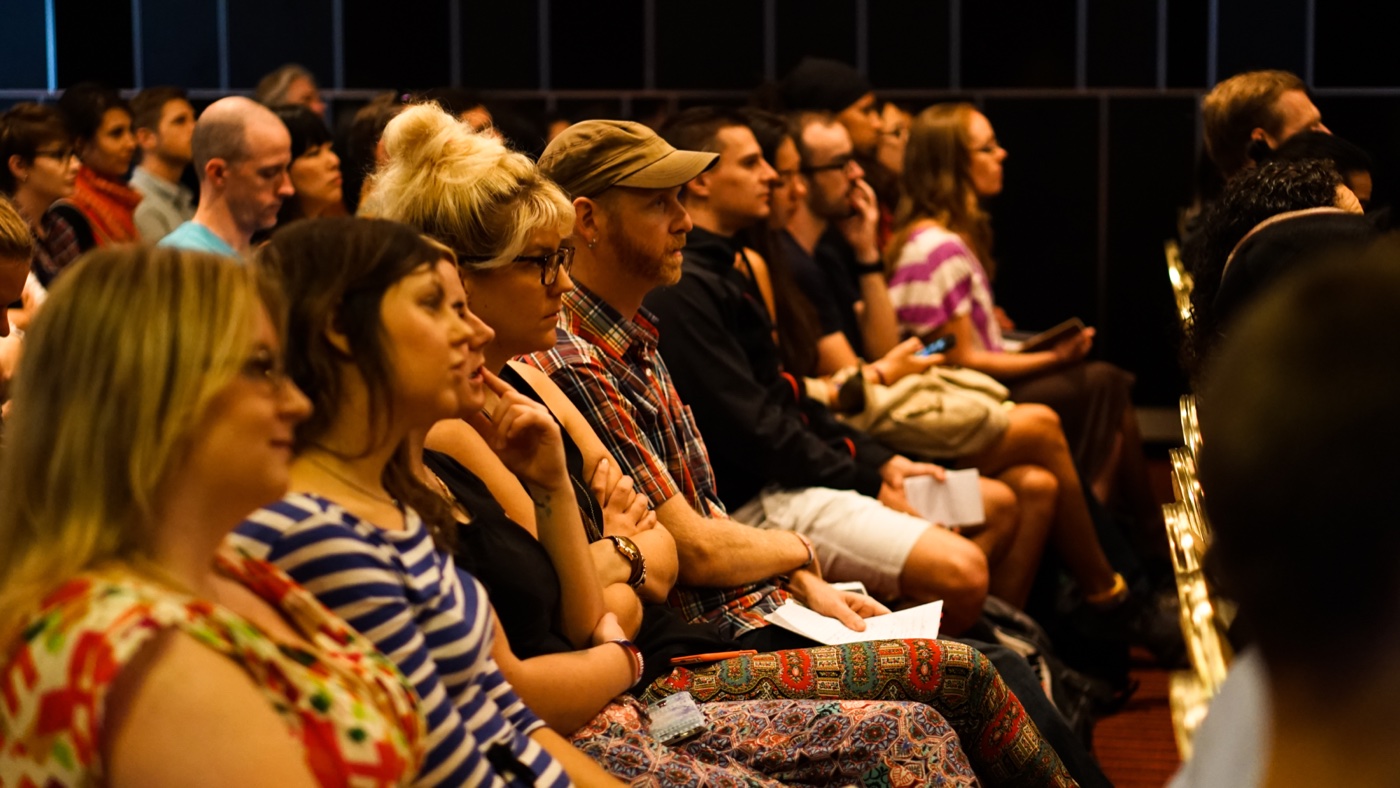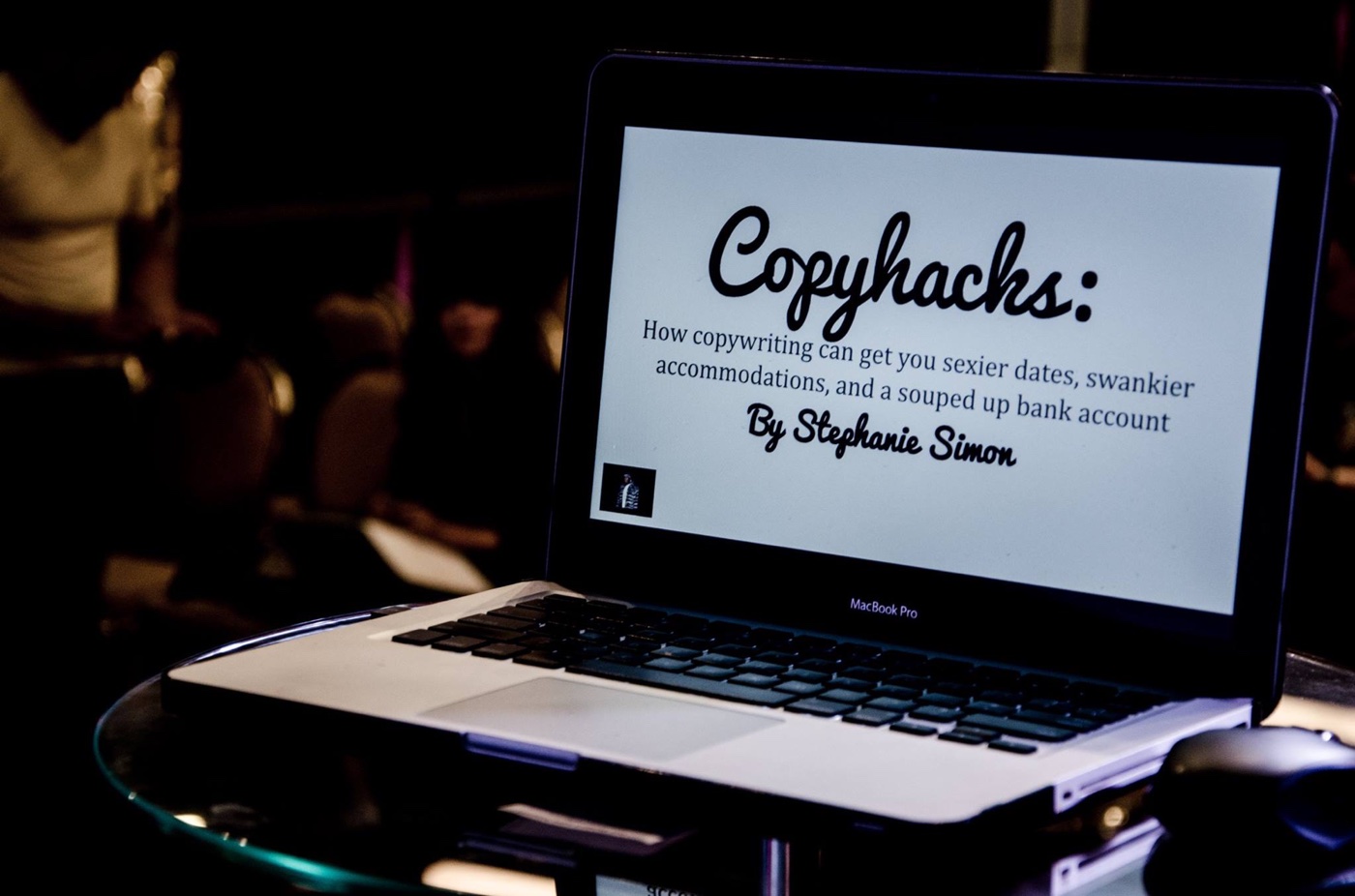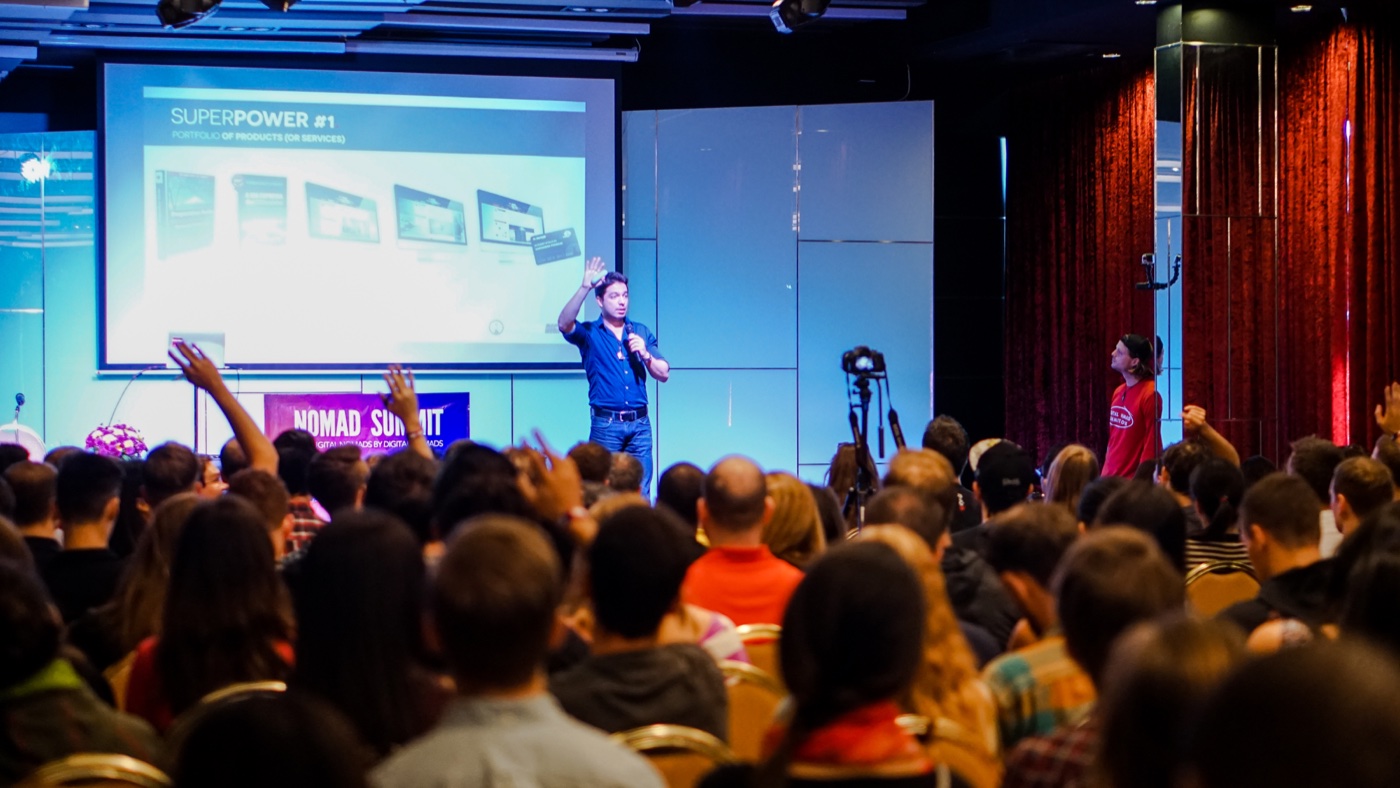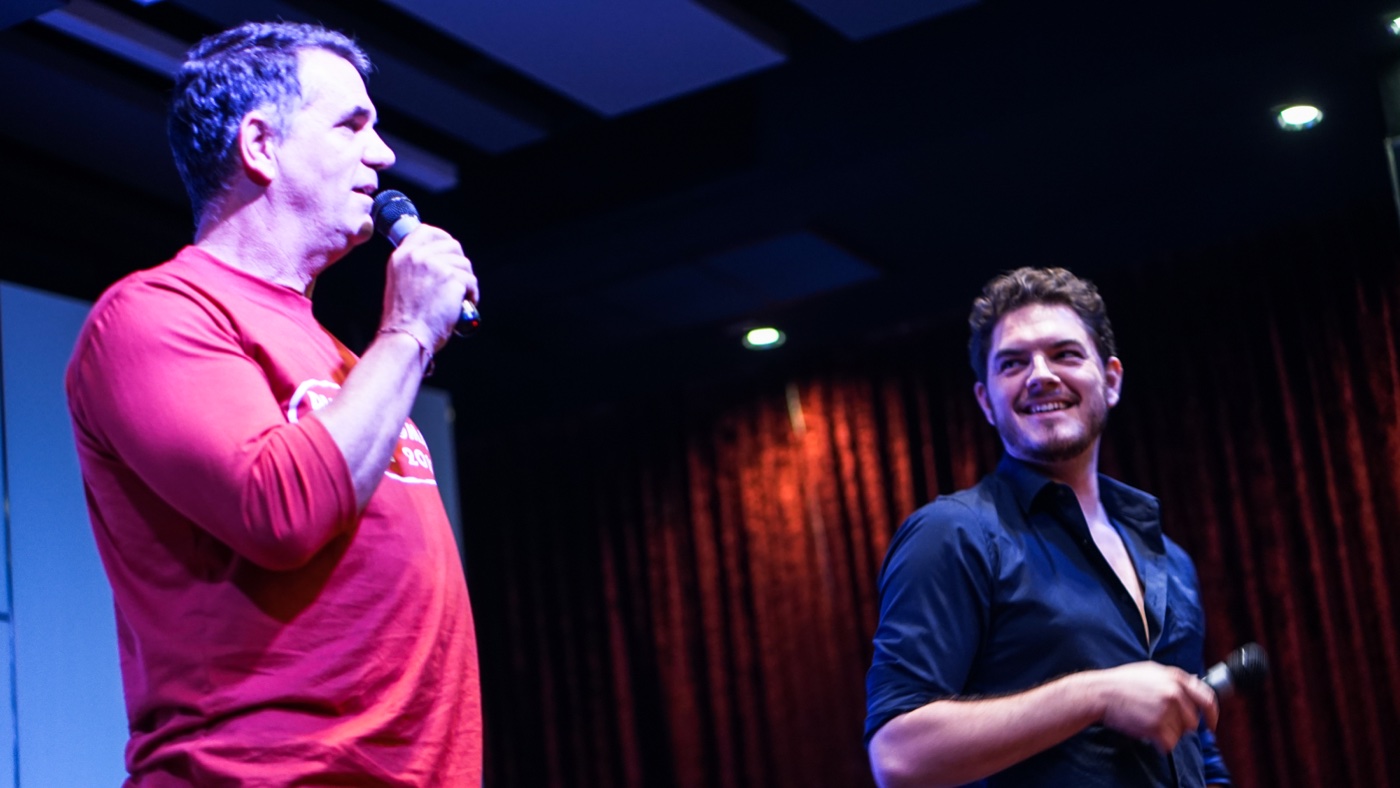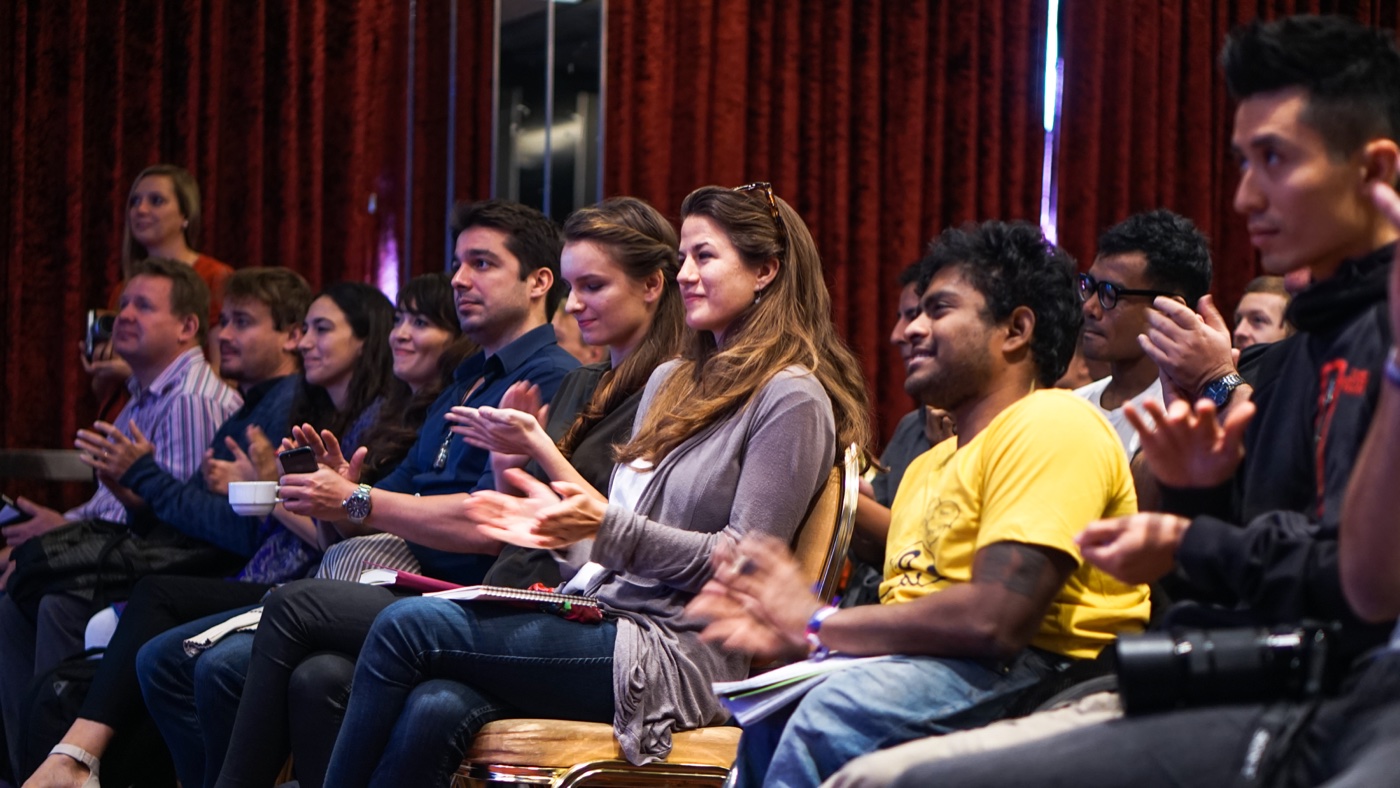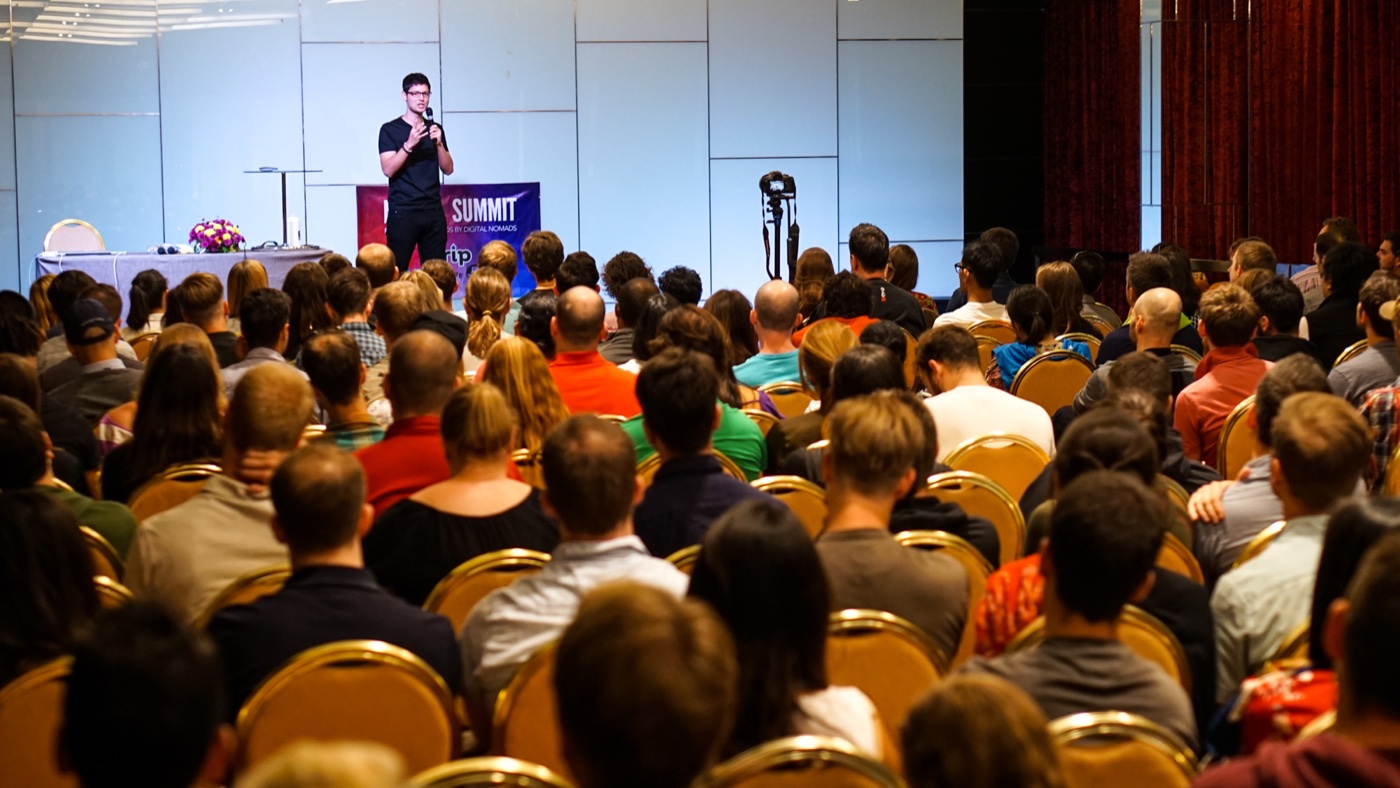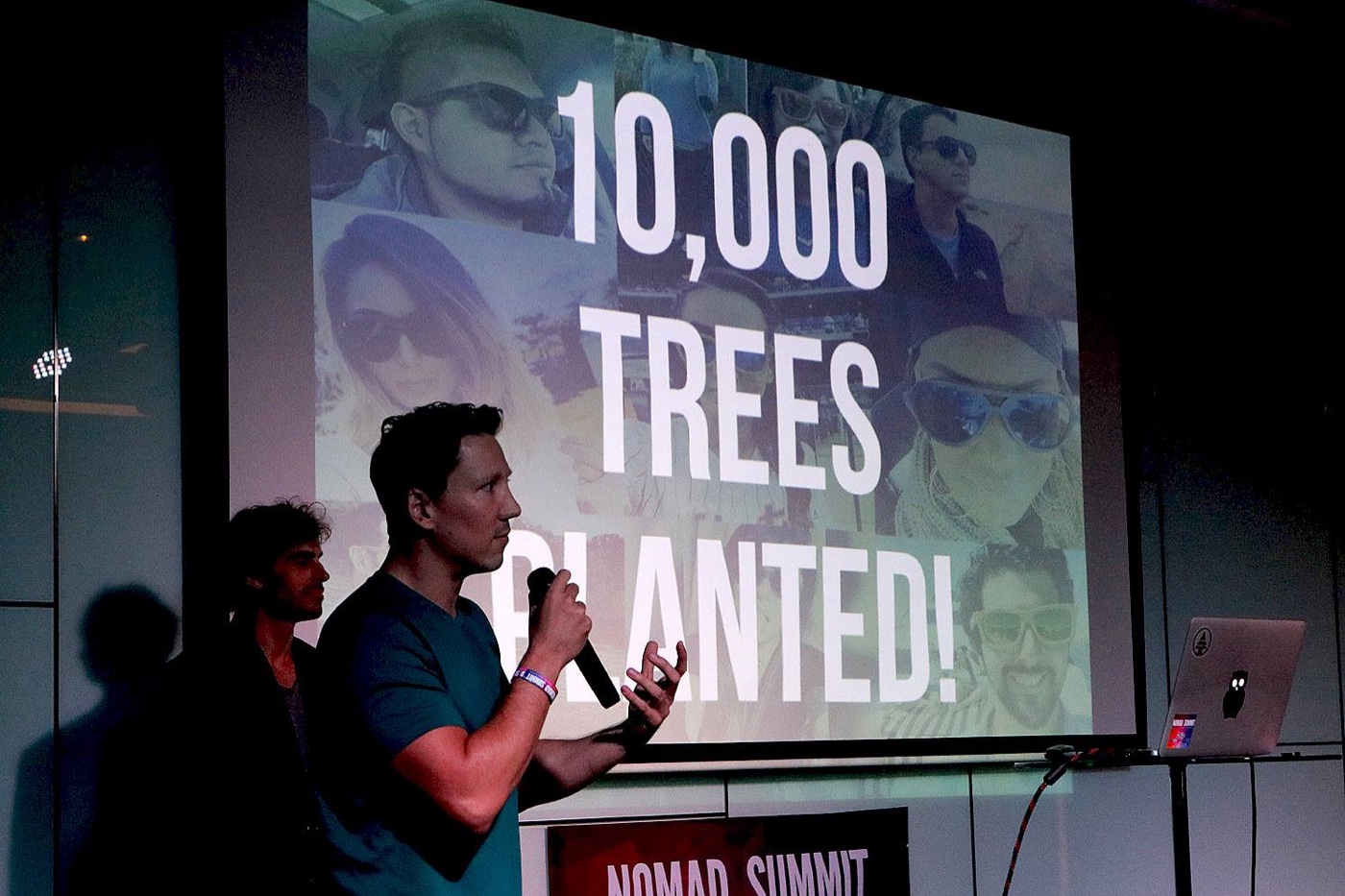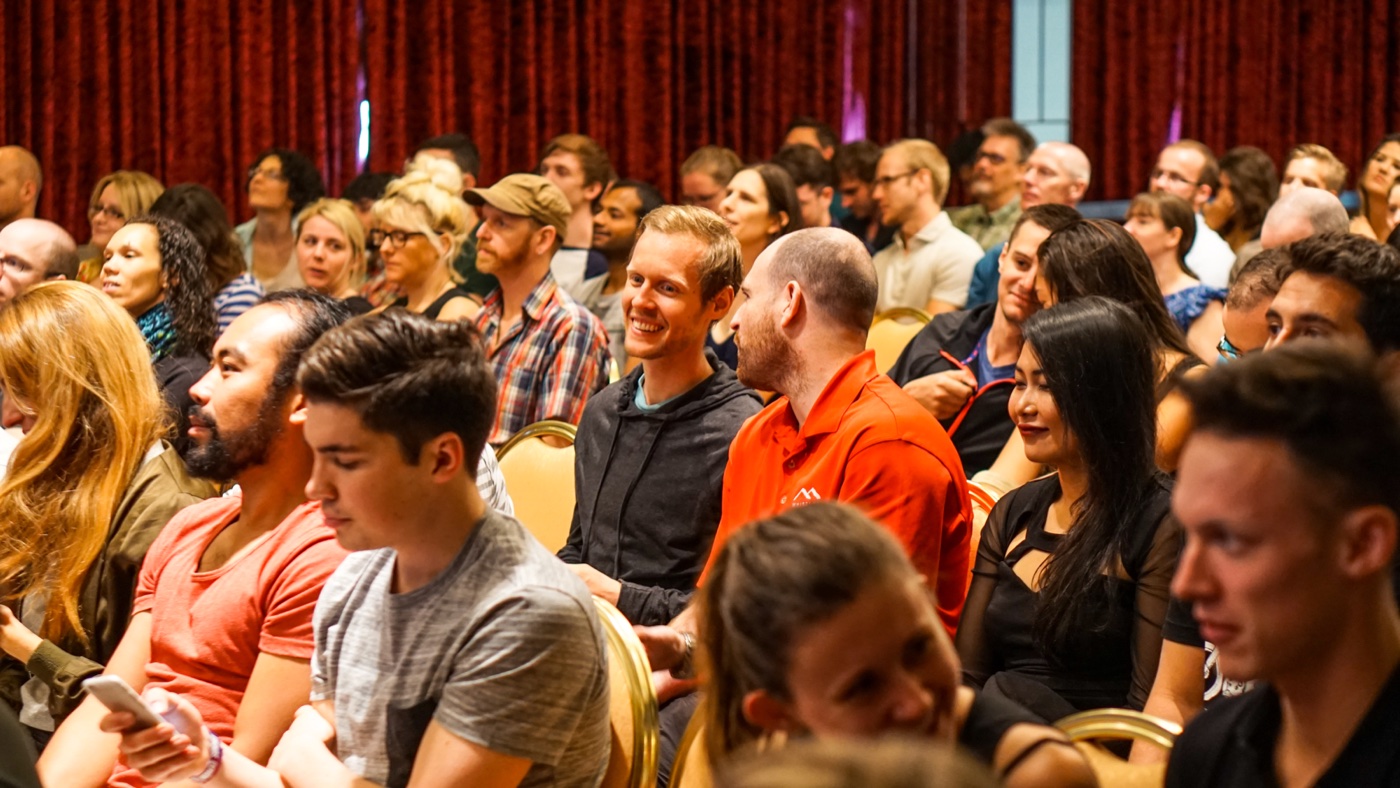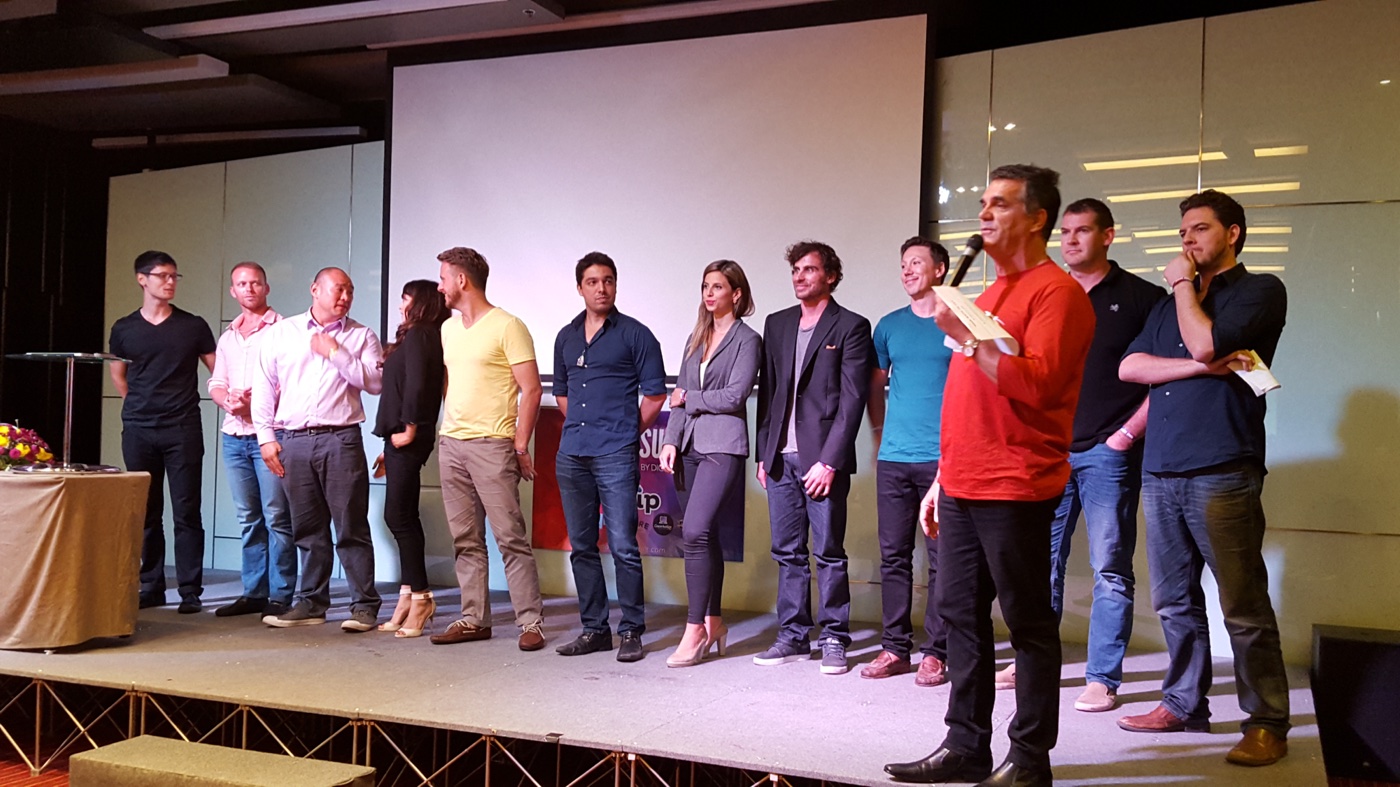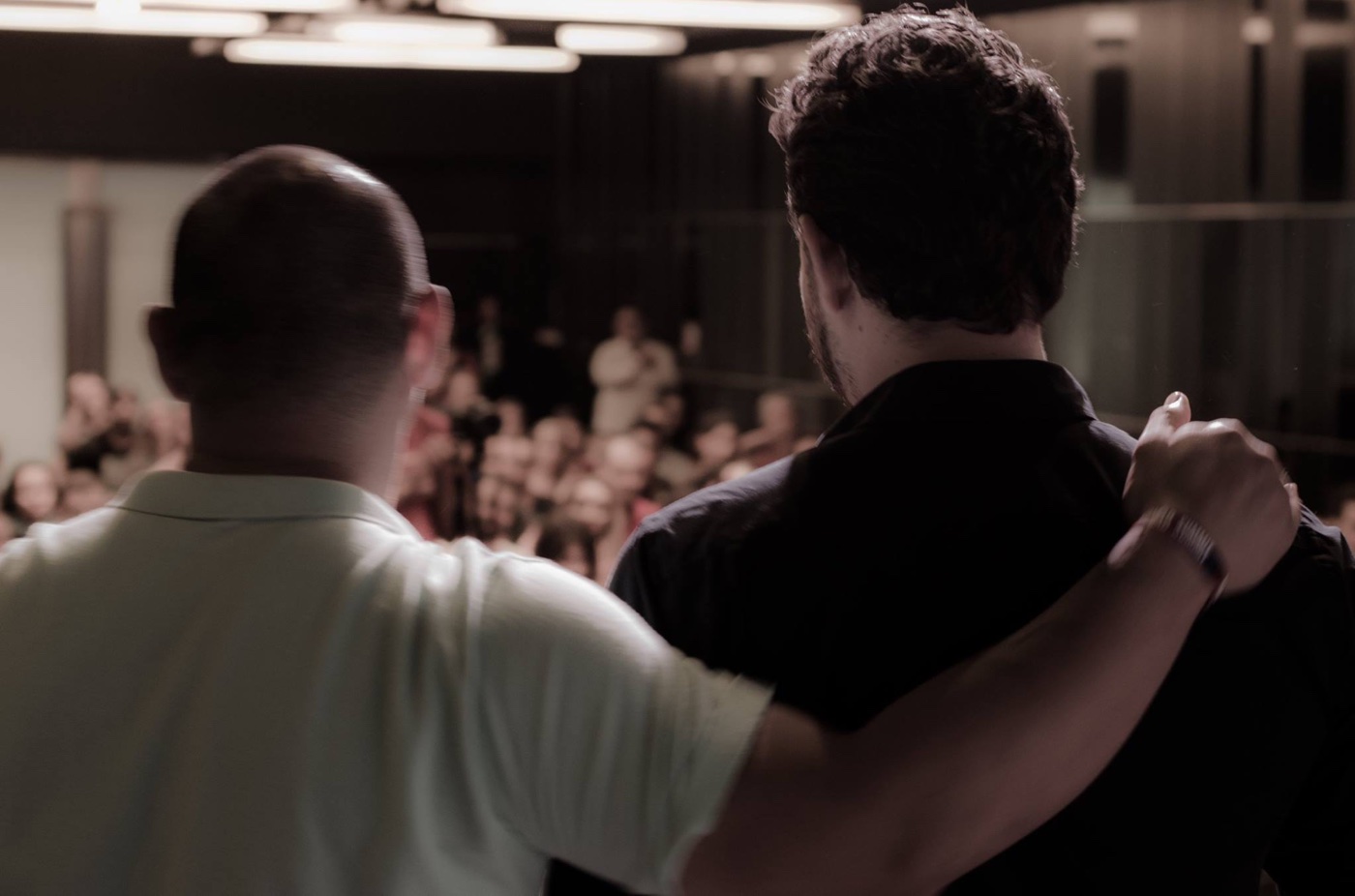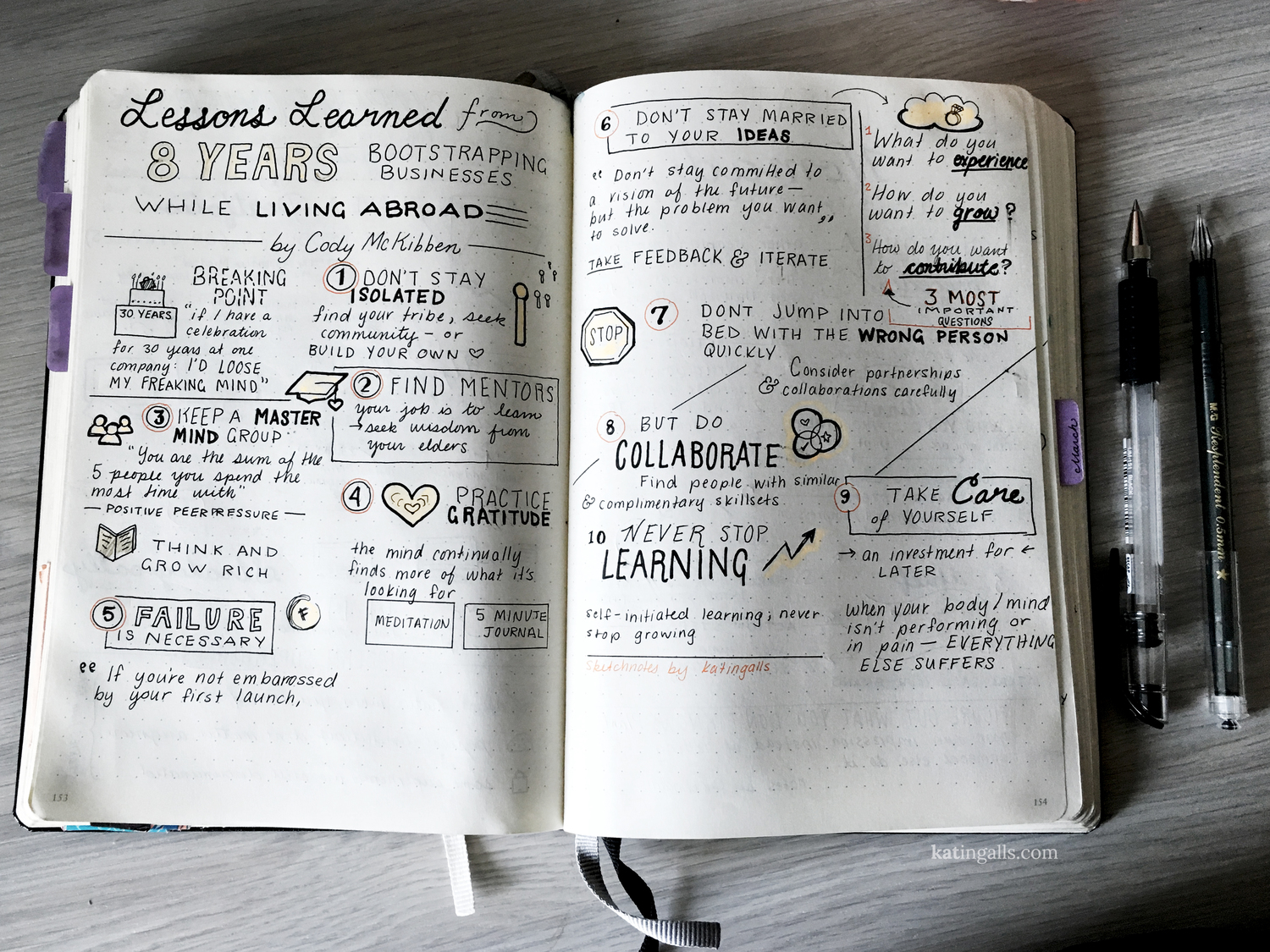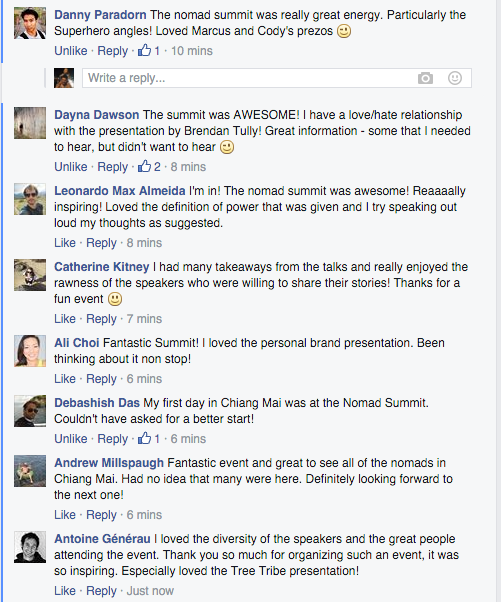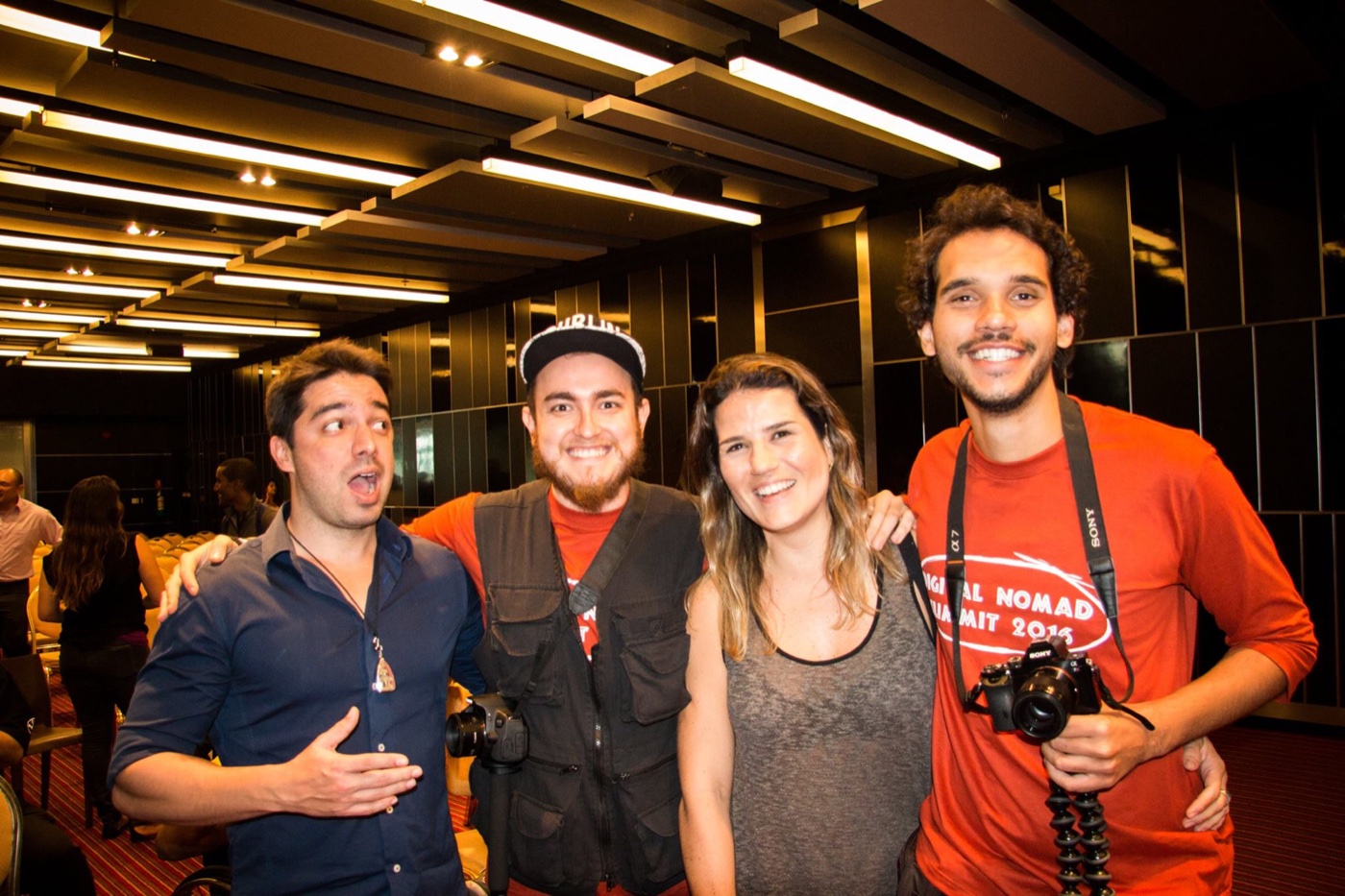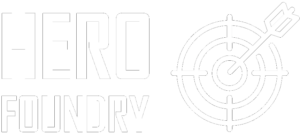As we embark upon another new year, today we have a transformational guest post from my fellow HERO Challenge member Emelina Minero, cofounder of the Love Warrior Community. This is sure to help you overcome some limiting beliefs and negative self-talk, so I highly encourage you to dig into this article as you plan the year ahead. With that, here’s Emelina:
***
I’m going to tell you a secret. I was walking with a friend at George Lucas’ Big Rock Ranch, and we were talking about the power of thought.
I was telling her about the thoughts, feelings, actions loop. She shared with me that she had just recently heard about that, and it revolutionized her life.
In case you haven’t heard about it, here you go:
Your thoughts influence your emotions, and your emotions influence your actions.
Like the Buddha said:
“All that we are is the result of what we have thought. The mind is everything. What we think, we become.”
If you think you’re going to fail. You’re going to fail. If you think you’re not good enough, that’s the life you’re going to attract, proving to yourself that you’re not good enough.
You Have the Power to Change Your Beliefs
A belief is created by repeating a thought, over and over again. Our behaviors are formed in the same way. We strengthen neural pathways by repeating the same thoughts and behaviors.
Think of a neural pathway like a canvas, and you are the paintbrush. The more you repeat the brush stroke, the thicker the paint will get. The more you repeat a thought or behavior, the stronger the neural pathway will become in strengthening that thought or behavior.
Let’s say every time you’re stressed, you smoke a cigarette to relax. This action creates a brain pathway, which will trigger you to want to smoke every time you feel stressed.
But here’s the thing — at any moment, you can reverse these thoughts. You can reverse your behaviors. At any moment, you can choose differently. You can choose to create new neural pathways.
Instead of grabbing a cigarette each time you feel stressed, what if you replaced that with going for a run, stretching, meditating, or calling a friend — soon, when you begin to feel stressed, your brain will trigger you, craving a run, meditating, or calling a friend.
At Some Point, We All Play the Victim
I can’t quit smoking. It’s just too difficult. I can’t get this business going. I can never follow through. I’ll never close my first deal. People just don’t respond to cold calling, webinars, email lists, [fill in the blank.]
Let Me Know If This Is Where You’re At Right Now
You feel overwhelmed and discouraged after embarking on your new business, blog, or goals, and you give up; you stop taking action. You quit.
You always quit. This is what you tell yourself. You’re great at starting projects, but you can never finish them. It’s not your fault. You’re just not capable of following through.
Or How About This?
You walk into a bar, see the most beautiful girl, want to approach her, and don’t.
You never approach her. You’re not good with women. You freeze up. You become awkward. You don’t know what to say. So why even try if you already know the outcome?
You Have to Know Your Beliefs Before You Can Change Them
Do you have trouble with following through on your goals? Are you the person who never approaches the woman? Why?
Let’s say you never approach the attractive girl. Here’s why:
Every time you see an attractive girl you want to talk to, you start thinking, “I’m shy. What would I have to say of interest? The guy talking to her right now is more attractive than me. She’s a 10, and I’m a 6. Why bother?”
Every time you see an attractive girl you want to talk to, the above thoughts begin to play like a broken record. You might not even be aware of them. They’re the unconscious background playing throughout your day.
Everyone has thought patterns, a series of thoughts that they repeat every day. A lot of the time, they’re negative, and most of the time, we’re unaware of them.
You can’t change something you’re not aware of.
Learn to View Your Charged Thoughts and Emotions Objectively
To become aware of and change your thoughts, you need to develop your inner observer. Your inner observer is that part of you that observes and notices your thoughts objectively. This is different from your inner critic.
Let’s say you’re on a mastermind call, you’re sharing what you’re working on, and you realize that you just said something that can make you appear really stupid.
Your inner critic activates your emotions and remarks on your flaws. “I’m so stupid! Why did I just say that? They’re going to realize I’m a complete beginner.”
Your inner observer notices your thoughts, including your self-criticisms, and detaches from the anxiety and other uncomfortable emotions that they’re prompting. This allows you to notice your thoughts and work with them from an objective viewpoint.
Instead of thinking, “I just said something so stupid! They’re going to think I’m a fraud.” Your inner observer may notice, “What I just said doesn’t make any sense. They’re going to realize I’m still learning this, and that’s okay. Now that they know that I’m struggling, I can tell them that I’m still trying to figure this out and ask for help. I’ll be able to make a lot more progress now in a shorter amount of time.”
How to Develop Your Inner Observer
Make it simple. Give yourself 5 minutes once a week. You will simply sit for 5 minutes, and notice your thoughts. Write down what you notice.
If you want to speed up this process, carve out 5 minutes a day, and try this for a week.
You’ll notice that you have thought patterns.
I often think about:
- What I have to do or should be doing
- How I want to be more in the present moment with my family and friends, instead of thinking about or doing work
- My energy levels, and how I should be taking better care of myself so I won’t be craving caffeine
- How I want caffeine
My most prevalent thoughts are about my to-do list. They start right when I wake up, not in a productive, “Let’s get going!” manner, but in a nagging, “You should have already done this” manner. When I allow those thoughts to prevail in the morning, they drag me down. My morning and my energy start on a low note.
My mornings don’t have to start out like this.
Once You’re Aware of Your Thoughts, You Can Change Them
Once you catch your thought, you can confront it, replace it, apologize to yourself, and commit to change. This is called the 5-Step Process:
- Catch your thought.
- Confront your thought.
- Replace your thought.
- Apologize to yourself.
- Commit to change.
The 5-Step Process helps you to create new neural pathways, forming the thoughts and behaviors that you want to manifest.
If you want more in-depth practice on the 5-Step Process, you can join me in the 31-Day Self-Love Diet Writing Challenge. It’s a free event. You can sign up here, and you’ll receive 31 Self-Love Diet writing prompts for 31 days in a row, as well as have access to a free, private Facebook group for accountability and support.
The Self-Love Diet expands beyond the 5-Step Process. More specifically, it’s exploring your relationship with yourself through the lens of your spirit, body, emotions, thoughts, relationships, culture, and world.
It increases your self-awareness, your emotional awareness, and your self-confidence.
I know, the term Self-Love Diet sounds woo woo.
But here’s the thing — being in charge of your life, not playing the victim, it boils down to:
- Becoming aware of your thoughts and emotions
- Being okay with experiencing and feeling all of your emotions
- Having the power to choose how you respond to your emotions
If you can do the above three things, you can begin to create the thoughts and feelings that you want to experience. You’ll be able to successfully change your behaviors, and you’ll even be able to change long-held, harmful beliefs.
How you view yourself, how you interact with the world, and how others perceive you — you have the power to shape these things.
You have the power over how you experience each moment of your life. You always have a choice.
Let Me Introduce Myself
I’m Emelina Minero, and I love and accept myself unconditionally. This too sounds woo woo, I know.
But I also know this: I believe in myself fully. I know I can accomplish anything I set my mind to. There are no obstacles that limit me — because I’ve stopped limiting myself.
- I’ve created two online communities and a publication.
- I’ve gotten free trips to Palm Springs, Los Angeles, Las Vegas, and London.
- I wrote, directed, produced, and hosted a variety show and donated the profits to nonprofit Una Vida.
- I created a documentary about the transition of my woman’s college to a coed institution.
- I pitched the publisher of Curve Magazine, the best-selling lesbian magazine in the world, to develop their social media platform and to create an intern program. She said yes.
- I made a connection with the former President of Production at Paramount Pictures, who now owns her own production company.
- She’s going to give me feedback on a screenplay that I wrote.
- Through her, I interviewed Alexis Bledel (Gilmore Girls) and Mary Agnes Donoghue, a screenwriter, director, and producer whose credits include White Oleander, Beaches, and Veronica Guerin.
- I was also flown to LA for the premiere of Jenny’s Wedding, where I got to interview Katherine Heigl (Grey’s Anatomy) in-person.
- Through the Love Warrior Community, an online community I co-created, I’ve helped people change their behaviors and how they view themselves. People have told us that they’ve:
- Stopped cutting themselves
- Let go of their shame around their mental diagnoses
- Lessened or stopped their eating disorder behaviors
- Become more comfortable with expressing their emotions, and because of that, they’ve strengthened their relationships with their partners
If loving myself and accepting myself unconditionally sounds woo woo, I don’t care.
It feels a lot better than shaming myself, doubting myself, and not taking action on the life that I want to live.
I know what fear feels like.
I lived in fear from 5-years-old to 19-years-old. I feared what would happen if people found out that I was a lesbian. Now, I no longer care. I let go of that fear a long time ago.
I know what shame feels like.
I struggled with being diagnosed with bipolar 2 disorder and paranoia. I feared how others would perceive me if they found out. I struggled with how I viewed myself. For a while, I stopped believing that I had the power to choose how I reacted to my emotions and how I reacted to my life experiences. I believed that my diagnoses controlled me, but they don’t.
I let go of the struggle, and I let go of the shame.
I now view my neurodiversities as strengths, and opportunities to further explore myself and grow as a human being.
How did I do this?
I wrote. I did self-love writing. Self-love writing is what I have been doing for the past 6 years. It’s essentially allowing yourself to self-reflect.
Today, I can honestly say that I love all of myself. Loving myself doesn’t mean that I never have self-doubts, insecurities, or negative thoughts, but it does mean that I’m equipped to become aware of them, confront them, and try to change them. Loving myself doesn’t mean that life will always be easy, but it does mean that I’ll be able to navigate it in the most loving way that I can. Loving myself doesn’t mean that I will always choose the most loving thing for myself in each moment, but it does mean that I will be kind and patient with myself.
My Only Two Life-Long Goals
I’m going to share my only two long-term goals with you. If you can embody these two things, you’ll be able to accomplish anything you set your mind to.
1) Live life with love — non-judgmental, compassionate, unconditional love – for myself, and for others.
When you stop judging yourself and others, people pick up on this. When you’re comfortable with yourself, people notice. It invites others to feel comfortable as they are, to let down their walls, and to be open to you in a non-judgmental, compassionate way.
Loving and accepting yourself, as you are, invites others to do the same. It’s contagious.
Would you rather spend your time with someone who makes you feel comfortable in your own skin, who brings you into the present moment, and makes you feel alive, or would you rather spend your time with someone who makes your feel self-conscious and insecure?
It’s a no-brainer.
By loving yourself, you can have this effect on others. Others will be drawn to you for how you make them feel. This will open doors for you, create new connections, and expand your possibilities.
2) Create a vision, dream big, and follow your heart. As Dr. Seuss said:
As vast as your vision can show,
As high as your highest dreams grow,
As far as your passion can reach –
These are the places you’ll go.
Without a vision, without a map, it’s hard to get to your destination. If you want to change your behaviors, but you don’t have the self-awareness to know the first step to take, it will be difficult to make that change. If you want to start a business, but you don’t have a plan, it will be hard to follow through.
A detailed plan is helpful, but you don’t have to have every single step figured out. Allow yourself to dream big and to follow your heart. Allow yourself to be inspired. If you have a plan, and there are a few steps you don’t know how to do, don’t let that stop you. You can ask for help. You can find resources. You just need to keep on moving forward and taking action, one step at a time.
You are your worst enemy and your biggest supporter. Your success depends on which you choose to nurture.
Which will you choose?
I hope you join me in the 31-Day Self-Love Diet Writing Challenge. You can sign up here, and join the Facebook event here.
May the force be with you, if you choose it. That choice is up to you.
-Emelina Minero
[Republished from 2016]


